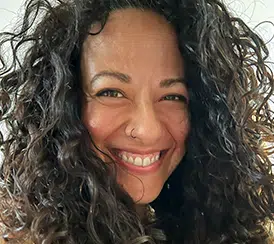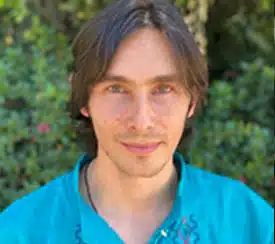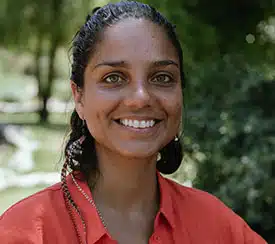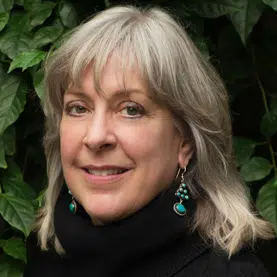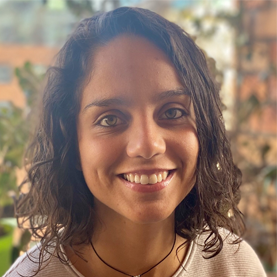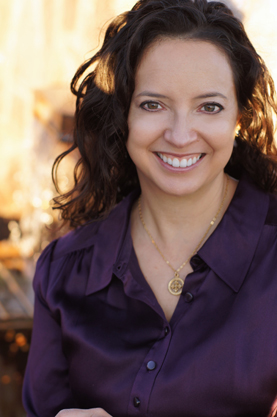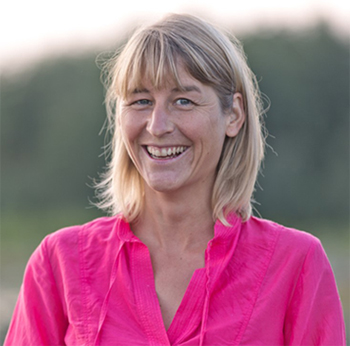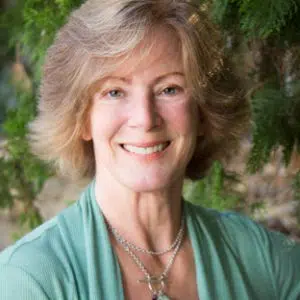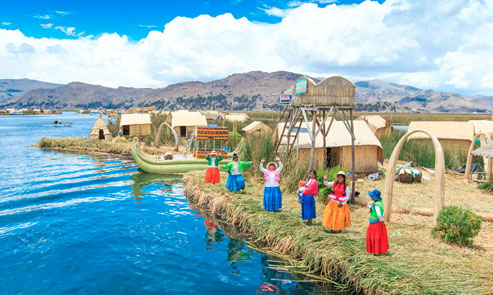
For a long time, I struggled to understand the Inka myth of creation. Who was Inkari? Was he a man? A god? Was he summoned from the future by the Laika? My mentor, Don Manuel, explained to me that the Inka were born on the Island of the Sun at Lake Titicaca, at the beginning of time itself.
“The first father was named Inkari. He was a being with supernatural powers. He could change the course of rivers with his hand, he could flatten hills with his feet, and his breath was as powerful and terrifying as the winds that blow over the lake on top of the world, Titicaca.”
Inkari was a flesh-and-blood human with a heavenly father, the Sun. His mother was the dark void of space, the cosmic womb in which the stars are born. Shortly after his birth, Inkari set out to search for a fertile valley where he was to found a new civilization. The Sun had given him a golden staff to test the soil. The staff would sink into the soft fertile earth only on “the navel of the Earth,” the future city of Cusco.
The first time Inkari threw his staff, it landed in the Andean highlands, but the soil was too hard and would never bear much fruit. Yet the landscape was so beautiful that Inkari made this the home of the Q’ero people and delegated to them the task of protecting the wisdom and the rites of initiation. The Q’ero would be the ones who remembered the story of creation and the prophecy that Inkari would return to found a second empire based on wisdom and not on military might.
As I listened to Don Manuel, I thought how uncannily similar this story was to the story of the Hopi Indians of the American Southwest, who had been ordered by the Great Spirit to found their villages on the barren mesas that they call their home. Hardly anything grows in that desert landscape, yet the Hopi are also the keepers of an ancient wisdom and prophecy. There’s a ring of universal truth to this—the wisdom keepers keep the wisdom safe in remote places where no one in their right mind would go looking for them.
The next time Inkari hurled his staff it landed in the fertile Sacred Valley of Cusco (the word qosco means navel), and he determined to establish the Empire of the Children of the Light there. Inkari longed for his partner, so he traveled back to Lake Titicaca to find Collari, the first mother, with whom to cofound the Inka kingdom.
I remembered that the Q’ero Nation had fewer than 600 inhabitants spread out over six villages. In order to avoid marrying any of your cousins, you must have had to travel outside your own village, accounting for the long journey a young man had to embark on in order to find his mate. I shared my theory with the old man, satisfied that there was a logical explanation for Inkari having to journey so far to find his woman.
Don Manuel seemed amused by my explanation. “We are all related,” he explained. “Even you and me. We are the children of the Pachamama. All of us are distant cousins. The man has to find the right mother for Inkari to be born through. But it is the woman who chooses her mate, as her instinct is much sharper than ours, for a man’s judgment is always clouded by desire. Every woman suspects that she will have a divine being born through her, and for our people, every child that is born is a miracle, a gift from heaven.”
He continued, “We are waiting for Inkari to return once again, to complete his work of establishing a new Empire of the Light. This will not be a military empire like the last one. This new empire will be founded on generosity, on ayni, on giving rather than on greed. This is what our first father wanted, but he failed to accomplish.”
Next week, I’ll continue the story Don Manuel told me that day.
